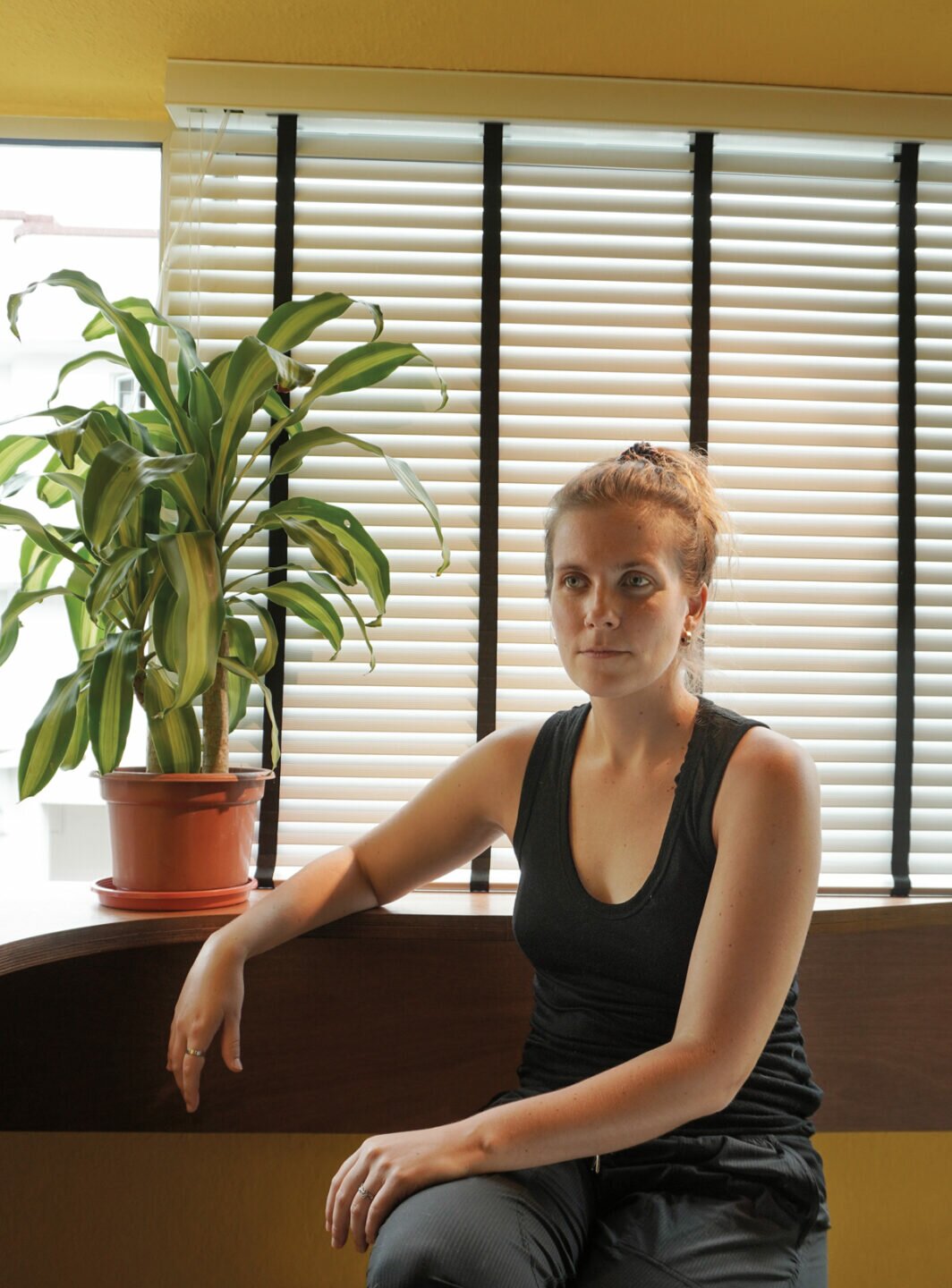Naomi Clark-Shen is a superhero in her profession, and even during her leisure time. As a PhD student specialising in sharks and stingrays, her research involves studying these sea creatures to help with their conservation.
Her other passion is wrestling, which she has been watching since she was a child. She began training with Singapore Pro Wrestling four years ago as a way to stay in shape while still expressing her creativity. In the pre-Covid days, she performed four shows for the company in front of a live audience.
Why is it important to conserve sharks and stingrays?
All wild animals play an important role in keeping their ecosystems healthy. The sharks and stingrays I study are small and are likely mid-ranking predators, meaning they eat other creatures (which helps keep their numbers in check), but are likely also a source of food for bigger animals as well. A healthy ecosystem means a healthy marine environment, which humans derive numerous benefits from, such as shoreline protection from storms, medicinal compounds and proven mental health benefits. But I also want people to care about animals because they deserve a place on Earth too; it shouldn’t just be about how their presence benefits us.
How does the work you do help people learn about ways they can protect these marine creatures?
The sharks and stingrays I dissect have already been caught by commercial fisheries; I don’t kill them specifically for my research. I analyse their diets to understand what creatures they depend on for food and which habitats they live in; this can tell us which areas need to be conserved. I also observe their pregnancies to understand their breeding patterns, and I count the bands in their vertebrae to determine their age. I can then use this information to think about how to protect them, such as asking fishermen to release animals of a certain age or size, or releasing those that are likely pregnant, to help keep the population healthy.
How does your passion for marine science and wrestling complement each other?
Marine biology and wrestling nurture different aspects of my personality. In my research work, I am passionate about the cause but very practical and methodical in my execution. Wrestling allows me to totally let loose, be creative and blow off steam. Although these two passions are very different, wrestling and exercise helps my mental well-being and thus focus at work as well.
How do you juggle your profession and hobby?
Once, I was in the office from 9am to 5pm, went to wrestling training from 7pm to 9pm and then after, I would go to the fishery ports from midnight to 4am to conduct research. So yes, sometimes it can be exhausting trying to fit everything in, especially when there’s a match coming up and there are extra training sessions. Overall though, I listen to my body and when I need a break and time off, I’ll take it.
What does your fitness regimen and eating habits look like?
I have been a strict vegetarian since I was 11 years old because I love animals. I get ample protein from beans, tofu and vegetarian ‘meat’; there is such a diversity of products available, mock char siu and veggie chicken nuggets have to be my favourites. I have had to take a break from wrestling to heal from a knee injury, which happened during one of the training sessions, but I am still exercising at least three times a week — this includes a cycle or run, weight session at the gym and a HIIT class.
